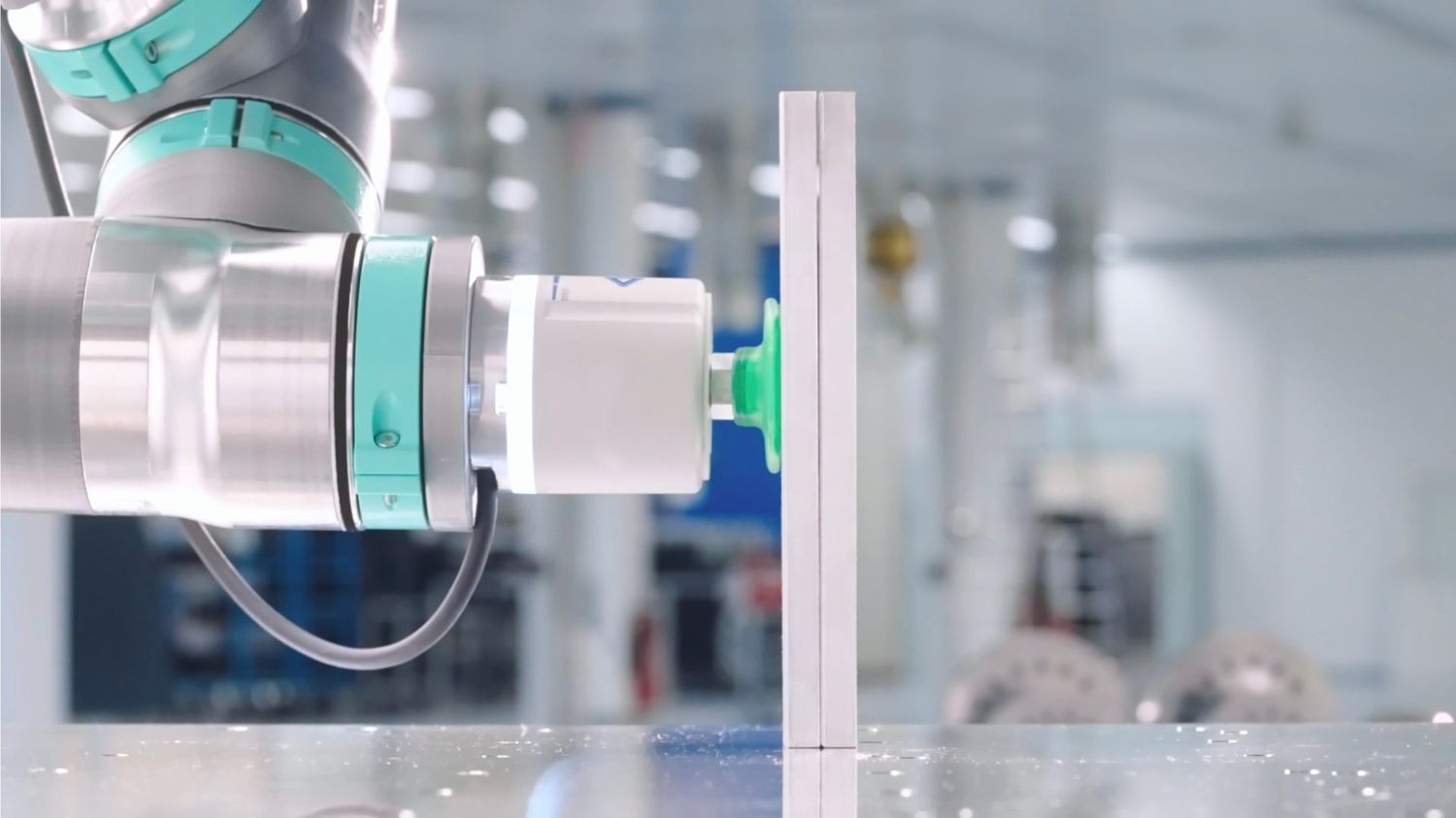Automation with robots has become a decisive factor in the modern manufacturing landscape in medium-sized companies. You should be familiar with these key terms and concepts related to robotic automation:
Robotic automation: Robot automation refers to the process of integrating robotic technology into production processes to increase efficiency and reduce the workload of human workers. This enables precise and repeatable execution of tasks in various industries and applications, such as machine loading and palletizing.
Modular: Modular robotics refers to the use of robots, which consist of interchangeable modules that can be configured according to requirements and applications. This enables a high degree of flexibility and adaptability in production.
Flexible: Flexible robotics refers to the ability of robots to adapt to different tasks and environments without having to make extensive reprogramming or adjustments. This flexibility enables companies to react quickly to changing requirements and optimize their production processes.
Easy: Simple robotic solutions are easy to use and require minimal training or expertise to be up and running. This enables companies to speed up the implementation of robotic technology and reduce training costs.
Shortage of skilled workers: The shortage of skilled workers relates to the challenge of finding qualified workers to fill vacancies in the manufacturing industry. Automating robots can help alleviate this shortcoming by automating repetitive or dangerous tasks and freeing up human workers for more demanding tasks.
The future of automation: The future of automation promises an increasing integration of robot technology into various industries and applications. Advances in artificial intelligence, machine learning, and robotics will help automation solutions become ever more flexible, efficient and cost-effective.
Medium-sized industrial sector: SMEs play an important role in the introduction of automation solutions. Modularity, flexibility and ease of use are decisive factors, particularly for medium-sized companies, in order to benefit from the advantages of robotic automation.
Automation with robots offers enormous potential to increase the productivity, efficiency and competitiveness of companies. With modular, flexible and simple solutions, companies can meet the challenges of a shortage of skilled workers and prepare for a successful future of automation.

